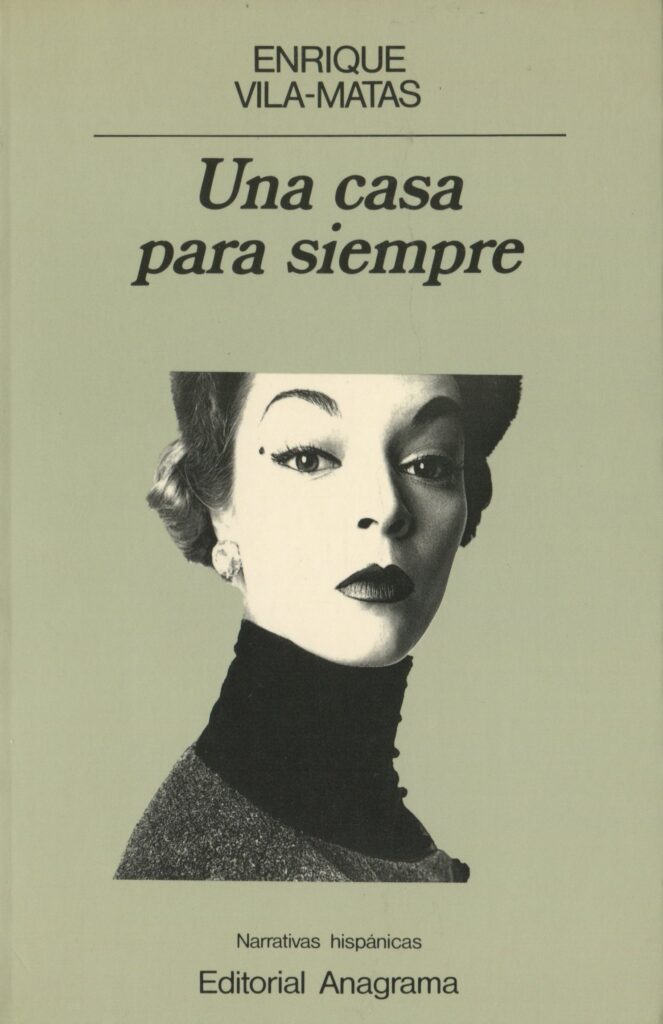
Una casa para siempre
A House For Ever | Anagrama, 1988 / Compactos, 2002

A House For Ever | Anagrama, 1988 / Compactos, 2002
© 2022, MB Agencia Literaria
All rights reserved
© for the illustrations: Luci Gutiérrez
© for the design: César Muñoz